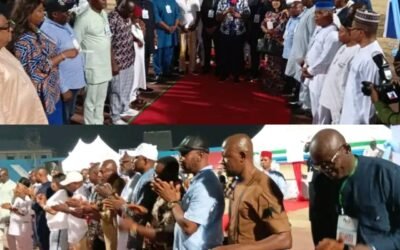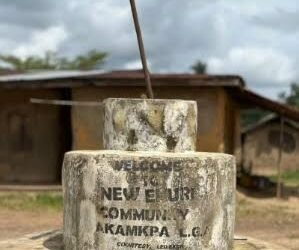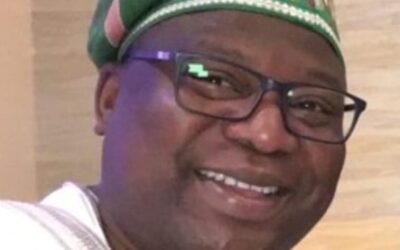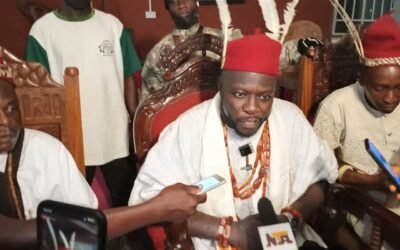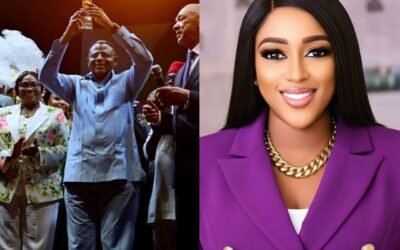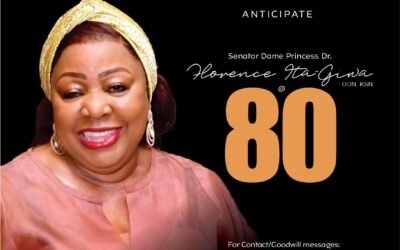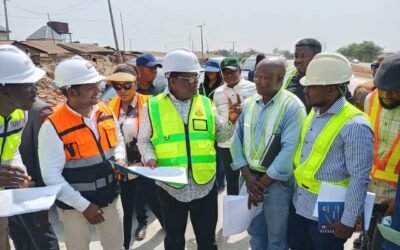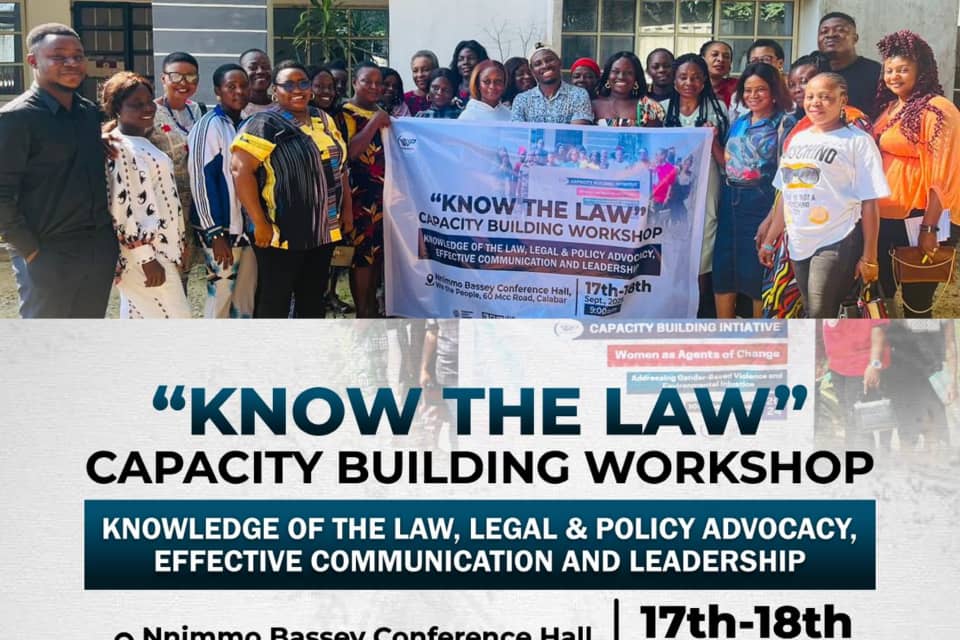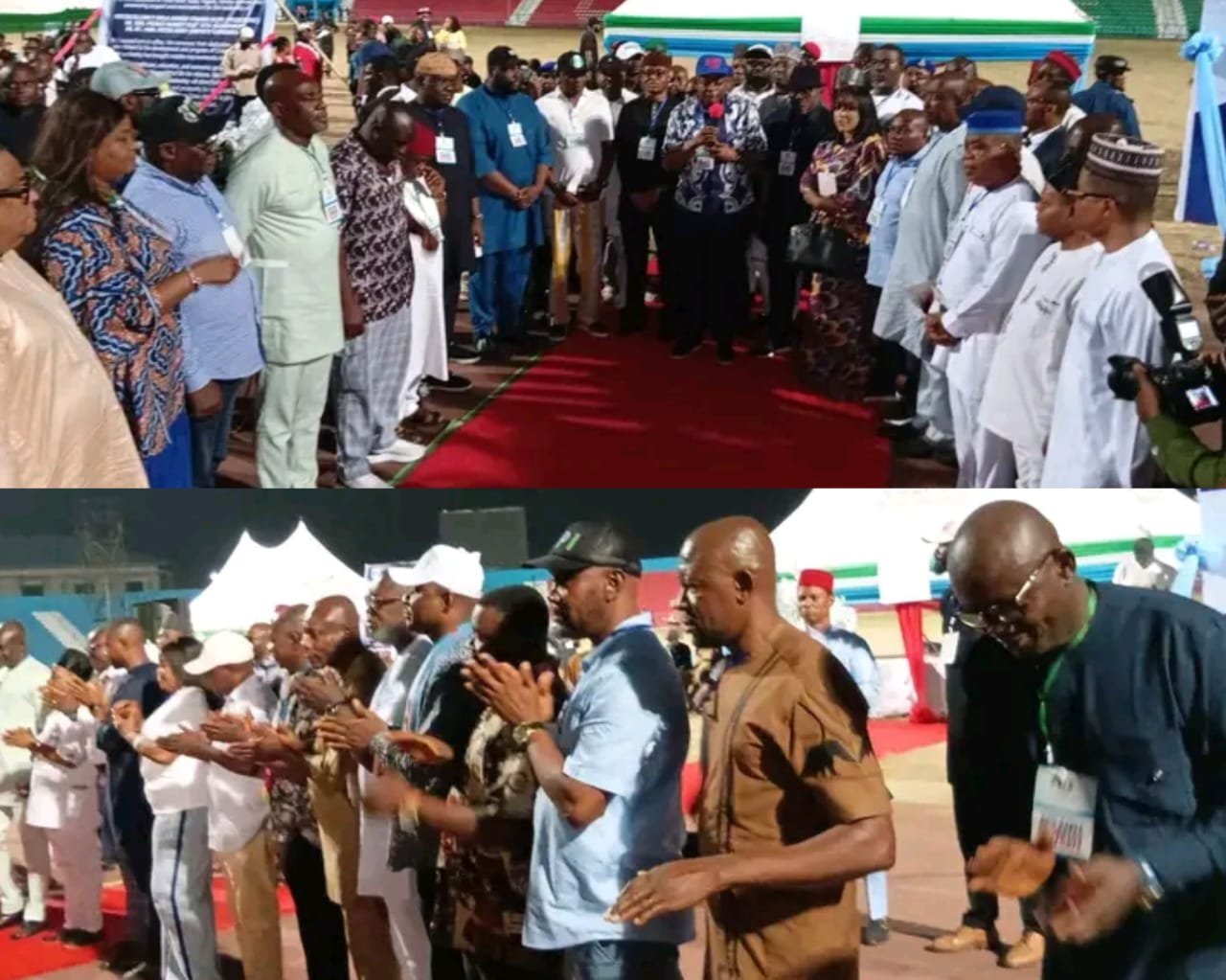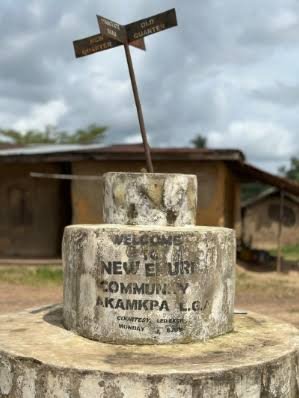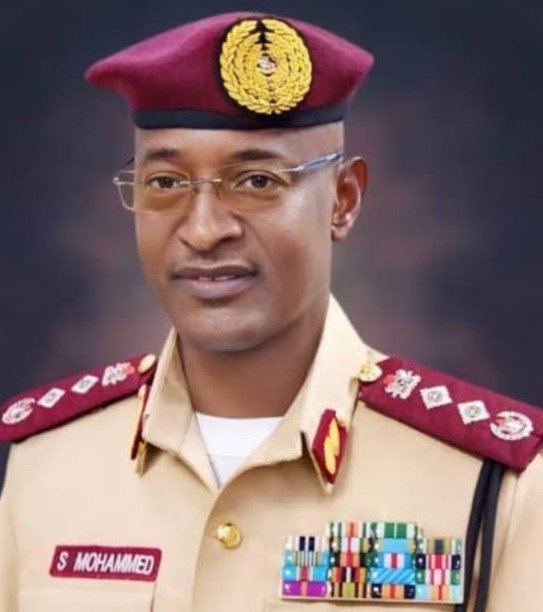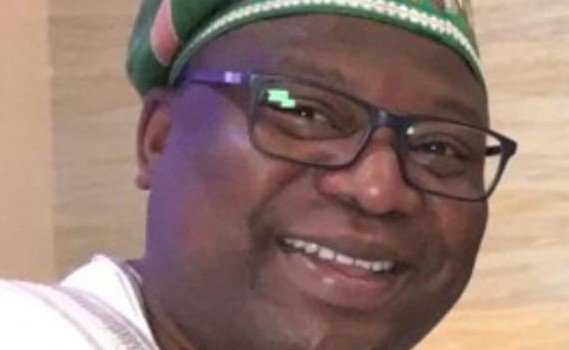By Kelvin Obambon
We The People (WTP) Center For Social Studies and Development has organized a 2-day capacity-building workshop for women in mining host communities in Cross River State.
The workshop, held between Wednesday 17 and Thursday 18 September, 2025, seeks to equip participants with knowledge of the law, legal and policy advocacy, effective communication and leadership, and it is part of the Strengthening Women In Mining (SWIM) project being implemented by We The People (WTP).
The programme officer, mining and forestry, WTP, Mr Nsikak Peter Udofot said women are grossly affected and marginalized as they are most often not part of the decision-making processes as it regards mining in their communities, and are the most affected by the impacts of mining activities.
“For example, even with women representatives in certain councils, the men of the community seem to make majority of the decisions. The Strengthening Women In Mining (SWIM)project seeks to educate, inform and inspire women and bring them to the forefront, especially when taking decisions affecting the whole community as they face the most injustice,” he said.
READ ALSO: Anambra guber: Metchie backs Gov Soludo’s second term bid
In his presentation, “Introduction to legal empowerment and critical consciousness”, Udofot said that the ability of communities to understand the injustice they face, come together and take needed actions to effect long-lasting change, is crucial in building their power to stand up against such an injustice. He added that only then can such communities be said to be truly empowered.
“Legal empowerment is all about building the capacities of communities to know what the law says, how to identify rights abuses and injustices, when to exercise their rights and strategies to advocate against forms of injustices. Legal empowerment is made up of 3 core components: know the law, use the law and shape the law and it goes without saying that knowledge is power, but true power only lies in the application of knowledge obtained,” he affirmed.
The programme officer declared that through the 2-day ‘Know The Law’ capacity building workshop, women were exposed to sessions that taught them their rights as human beings and the rights host communities have, drawing from experiences of other communities.
“The women were also briefly trained and introduced to what it would take to become a paralegal in their community. Furthermore, their leadership skills have been sharpened to ensure they make the right decisions whenever an injustice or rights abuse arise in their communities,” Udofot said.
Ndodeye Bassey-Obongha, a facilitator at the workshop, in a presentation titled, “Policy Making Through a Gender Lens: Women at the Negotiation Table”, explored some existing community laws/policies and how they affect women both negatively and positively.
“Different communities and sectors have various laws and policies that guide their
operations and wellbeing. Most times women and girls are not part of the decision-making bodies in communities, leading to their inability to be part of
the legislative or policy processes.
“Consequently, their needs and concerns are not fairly considered and such laws and policies most times negatively affect women and girls. The need for education and discussions around this discrimination cannot be over emphasized.
“There is a need for women and girls to not only recognize this discrimination/injustice but collectively mobilize and strategically take action
towards positive change,” she said.
Ndodeye highlighted negotiation strategies for promoting gender inclusion in mining host communities, urging women to build support networks, form women’s groups and share experiences, build solidarity, and advocate for common interests, and as well as partner with local community-based organizations and NGOs to amplify their voices.
She encouraged them to seek capacity building trainings that would enable them develop their negotiation skills, engage with decision-makers in their various communities and also build alliances with like-minded groups in order to have a stronger negotiating power.
Two lawyers, Barr. James Ibor and Austin Vicker stressed that it is important for women in mining host communities to know their rights. According to them, Section 44 (3) of the Constitution says that all mineral resources in Nigeria belong to the federal government.
Citing the Mining Act 2007, Ibor clarified that the federal government is vested with the responsibility to regulate mining activities in the country. He juxtaposed it with the Land Use Act of 1978 which says that all lands in Nigeria belong to the state. He then argued that the federal government cannot issue mining license without consulting the state government.
He further explained that under the Environmental Impact Assessment (EIA) Act, the law clearly stipulates that there must be a community development agreement between mining companies and host communities before mining activities could be carried. The community development agreement according to Ibor, prioritizes the interest of communities and emplace safeguards against the adverse effects of mining.
Mr Vicker on the other hand, touched briefly on the use of the FOI act and petitions to demand for justice. He declared that it is well within the rights of communities to demand from mining companies their community development agreement, stating that if the agreement does not provide ways to mitigate the harmful effects of mining, communities have the right to demand for a review. “If your demands are not met, you can use a method of dialogue and negotiation. If that doesn’t work, you can then go to court to seek redress,” he said.
The workshop had in attendance 25 women drawn from 5 mining host communities in Akamkpa and Akpabuyo LGAs – Akwa Ikot Effanga, Akansoko, Mbobui, Abiati and Mfamosing.
